IS IT TIME TO GO?
- Tommy Lofgren, MA, LMHC, NCC

- Jul 27, 2023
- 3 min read
It can be difficult to understand how to navigate disconnects with our partner, especially when they touch on the raw spots and wounds from our past experiences. Here is a quick blog post that may provide some healthy insight into the work you can do to rescue your relationship, and maybe help you make the decision to keep building that safety with your partner.
Finding a healthy relationship extends beyond the “getting to know you” stage. Often, we hear about the “honeymoon stage” that couples find themselves in during the first part of
their relationship.
When you’re first getting to know someone, you begin navigating conversations through curiosity: finding commonalities, interests, understanding your attraction, and delving into passions with your partner.
One of the more challenging aspects of a secure attachment is the work around disconnects, whether that be arguments, disagreements, or misunderstandings. When we’re at the point in our relationship where we begin to sink deep into the muds of raw spots and traumas, we have to start listening and making space for the deeper needs that our partners have.
Let’s be honest, if you’re struggling to connect to your own responses to messages in your relationship, you can often face barriers when connecting to your partner’s world. We have to start by understanding ourselves and where we may find ourselves triggered or struggling to be transparent and vulnerable with our loved one. When we can recognize where our partner and ourselves are in our mental health journey (i.e. what work we’re doing to stay healthy), and translate that work into our disconnects, we can create faster resolves when these moments do arise.
So, say you’ve done the work and you’ve started to engage more emotionally with your partner. Whether you’ve understood your struggles with conflict avoidance, or the fear or shame around sharing your own emotions and needs in the moment, you are willing to face those challenges with your partner. If you have found yourself opening up, asking questions, trying to meet the attachment need with your partner, with little to no response, engagement, or curiosity, it’s essential your partner understands the messages you’re receiving from them in this instance, and where you need them to show up more emotionally. This may require some work around self-awareness on their end, which all partners are doing to better their connections.
The hardest conversations around these disconnects may begin when your partner reacts in anger to your reaches for connection, emotionally or physically disappears in these bids for comfort, or essentially dismisses those conversations with defensiveness, which can look different in any relationship.
When you’ve made the space to share how you’re receiving the message that your partner
“no longer cares,”
“doesn’t want to hear what I’m sharing or feeling,”
“doesn’t value my emotions or needs”,
“doesn’t care to understand me,”
Or, “makes me feel like it’s on me,” (some of the messages you may internalize) . . .
We hope that our partner will recognize, and allow us to sit in the helplessness, fear, or shame that can come in these moments with them. If they continue to move away from disconnect, or react strongly to our bids for connection, we can have conversations about seeing a couples therapist or finding a way to connect more deeply with one another.
A partner that is willing to see where there has been a pattern of disconnect on either end of the relationship, and is willing to do the work to dive beneath the surface of insecure cycles, is someone who will fight for that safety and security in the bond.
If they are unwilling, not dedicating the time to continue self-work, or convey the message that this work is your burden to carry, find the support network you need to evaluate whether or not this relationship is creating the happiness and joy you need and deserve in your life.
The challenging adventure that is our relationship starts with choosing one another. When we can take that first risk to step into a relationship (with all the nitty gritty range of human emotion), and step back to evaluate what's happening during our moments of distress, we are ALREADY starting to do the right work.

.png)



Comments